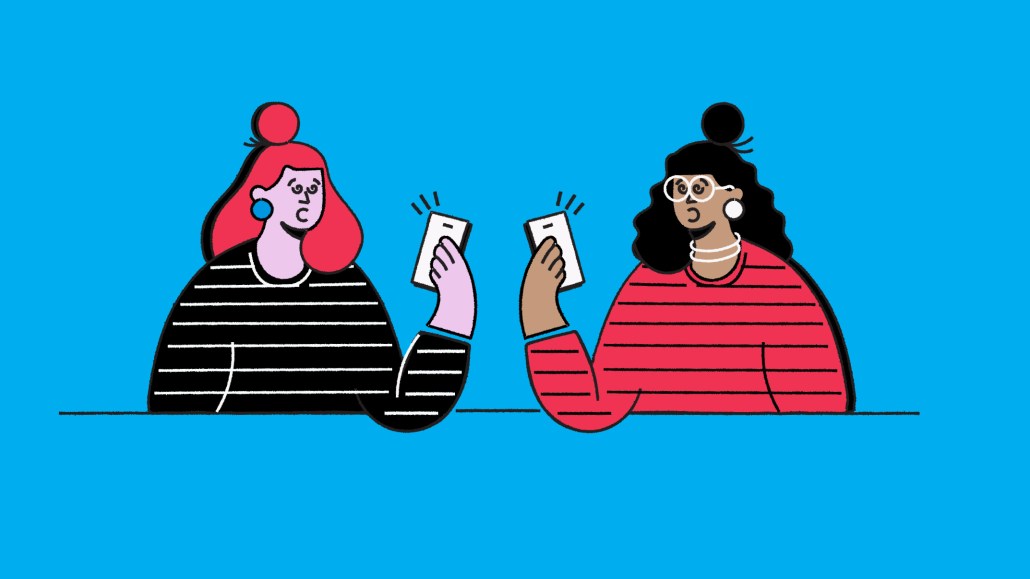By Alexander Lee • July 10, 2024 •

Ivy Liu
Fortnite and Roblox are thriving by riding the coattails of the very social platforms they aim to dethrone.
Brands’ presence is rising inside video games, but actually getting users to spend time inside in-game branded experiences remains a consistent challenge. Simply building a branded world and letting it molder on the platform is not a successful strategy, and some creators have complained that Fortnite’s built-in discovery tool is ineffective at bringing new traffic to user-created maps.
Instead, marketers are leaning on the tried-and-true channel that is social media to make their gaming activations worth the squeeze. They’ve found that it is necessary to stand up social campaigns parallel to the launch of branded Fortnite or Roblox worlds if they want gamers to get involved at scale.
“I’ve seen brands that are non-endemic to the space work with a lot more gaming influencers, and then also work with game developers to work with influencers in their network to actually propel their activations forward,” said Rachel Rakowski, head of gaming at the agency We Are Social. “It almost has to be a package deal, so to speak.”
There’s no denying that immersive gaming platforms are having a marketing moment in 2024. In June alone, the top 10 branded experiences inside Roblox drew over 13 million collective visits, according to data collected by Metaverse Marcom, including experiences by brands such as Vans, Nike and Lamborghini. Brands want to reach gamers, and activating directly inside gaming platforms is one of the more obvious ways to do that.
“If you go back in time far enough, the typical image of a gamer had a very certain stereotype about it. Nowadays, with gaming so ridiculously ubiquitous as it is, the perception of what a gamer looks like is completely different,” said Tom Morris, a trends manager and gaming expert at GWI. “That’s why you just generally see more representation in advertising.”
Another factor behind the convergpence of gaming and social marketing campaigns is the fact that brands are getting smarter about who gamers are — and what they actually do with their free time. In 2024, a large proportion of self-identified gamers don’t actually have very much free time to actively play games. Instead, they engage with the gaming community by consuming content and following creators. If brands want to connect with this kind of “cultural gamer,” social platforms are a logical place to do it.
“For every single element that we do, obviously we have to do the regular things — we have to do social posts, we have to do livestreaming and stuff like that,” said Jan-Hendrik Heuschkel, head of business development at the gaming-focused agency Unlocked, describing his company’s approach to a marketing campaign for Pringles last year. “Because otherwise, you don’t have anything to talk about.”
It’s clear both brands and consumers are spending more time inside Roblox and Fortnite, which is good news for the platforms as they work to improve their advertising offerings. But if these platforms want to truly transcend their gaming origins to rival the advertising power of social media giants like Instagram and Facebook, they will have to step up their internal marketing and discovery tools and further reduce their dependence on social promotion.
“When you dig down deep into what’s driving content on those platforms — YouTube has over 100 billion hours of watch time that are driven by gaming content, and TikTok has over 3 trillion views of gaming content,” said Gareth Leeding, global chief strategy officer at the agency Livewire. “A large part of the content consumption on social platforms is gaming, so then the answer is actually that gaming is cannibalizing social from the inside out.”
https://digiday.com/?p=549674
